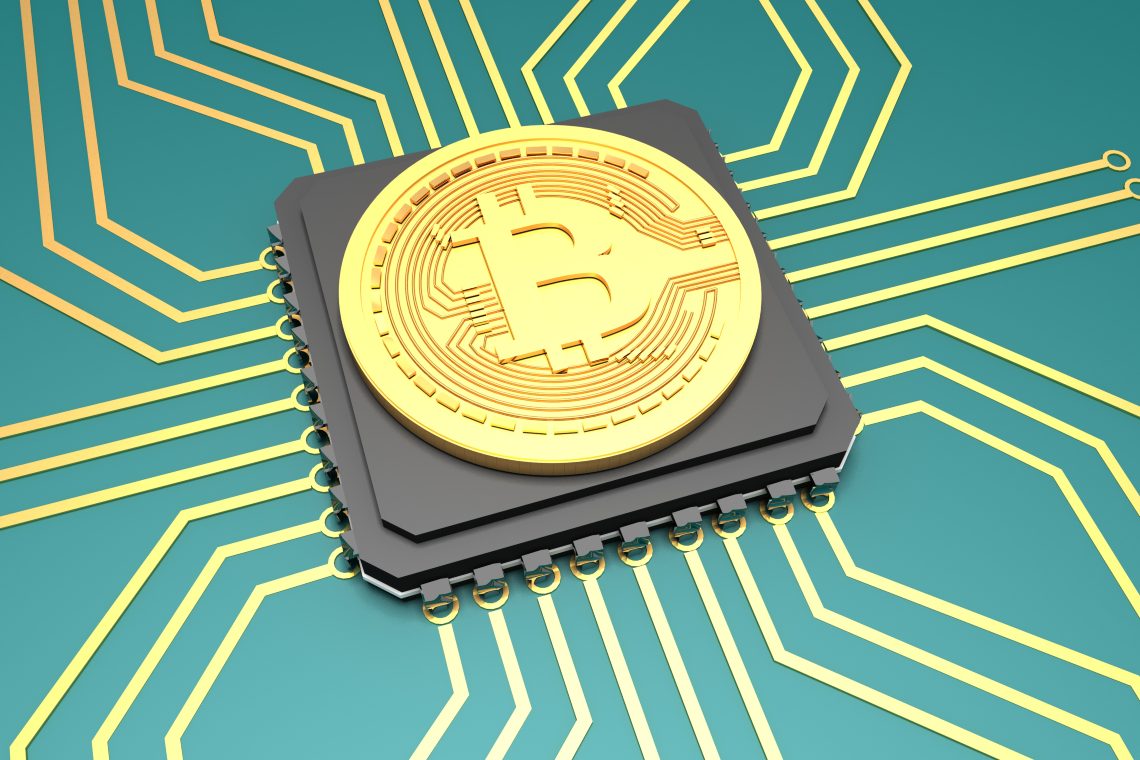The Release Candidate of Bitcoin Core 22.0 has been available for testing for a few days now.
The binary code has been published on GitHub, where you are invited to test the release on a wide variety of supported platforms, including interactions with different software.
Also, since there have been changes to the Bitcoin Core release and distribution process, there may be a few more issues than usual. A guide has also been published to help with testing on this release.
The latest available version of Bitcoin Core, currently in use on the Bitcoin mainnet, is 0.21.1, but the numbering will change as of the next release. So it will no longer be 0.22.0, but only 22.0.
Bitcoin Core is by far the most used client globally to run a node on the Bitcoin network.
To date, there are 12,394 public nodes in the world, of which 12,248 (almost 99%) are based on Bitcoin Core.
Bitcoin Core is the heir to the original software created by Satoshi Nakamoto and called Bitcoin v0.1.0, released in January 2009. Because of this, it is by far the most widely used in the world to run a Bitcoin node.
In fact, in theory, anyone can create their own software compatible with the Bitcoin protocol and run it independently to manage a node. Still, it is much more convenient to use Bitcoin Core, which is also entirely open-source.
Taproot Integration on Bitcoin Core
The most important thing about this new release is probably the integration of Taproot.
In fact, until now, previous versions did not natively and fully integrate all new features of the update that will be activated in November, so that for example, the current version 0.21.1 includes only the ability to pay Taproot addresses and the ability to forward and extract Taproot transactions after activation.
The addition of full Taproot functionality is only expected in the next version of Bitcoin Core, the 22.0.
To date, only about 43% of nodes support Taproot, so it would be necessary that before the activation of the update, the final version of Bitcoin Core 22.0 is released so that as many node managers as possible can update their software.
Bitcoin Node Taproot Support: 43.35%
Node count:
Taproot: 24762
Non-enforcing: 31879
Light: 57
Unknown: 419 pic.twitter.com/7gnEm9hvQ1— Taproot Signal (@taproot_signal) August 23, 2021
However, given that the Release Candidate of Bitcoin Core 22.0 has already been released, it is quite likely that within a few weeks, testing will conclude, with presumably positive results, so much so that it can be distributed before the actual activation of the update.
For Bitcoin users, on the other hand, almost nothing will change, except that they will be able to update their wallets if they use non-custodian ones to make sure they can use the updated versions that support the new features.
Since Taproot is only a backward-compatible soft-fork and not a hard-fork, those who don’t upgrade will continue using the current versions without the new features.
It is recommended to upgrade, also because some wallets sometimes stop working correctly if not updated.
If you hold BTC on a third-party wallet, you will have to wait for the wallet custodian to update its software by adding the new features.
The post Bitcoin Core 22.0 in the testing phase appeared first on The Cryptonomist.





















